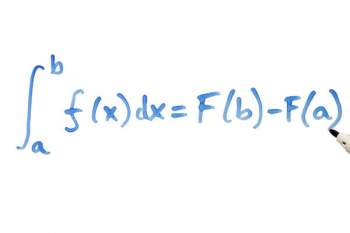
Forwards: What you must know

What is a Forward Contract?
• In finance, a forward contract is a non-standardized contract between two parties to purchase or sell an asset at a specified future time at an agreed-upon price today. The forward contract is held separate from a spot contract, which is a formal agreement to purchase or sell assets today.
• Entering a forward contract does not cost anything; in essence, the agreement is a simple promise to buy and sell an asset at a future date. The party agreeing to purchase the underlying assets will assume a long position, while the party agreeing to sell the asset in the future will assume a short position. The agreed-upon price is referred to as the delivery price, which is the equivalent to the forward price when the contract is affirmed.
• The price of the underlying security is always paid before control of the instrument changes hand. This price is held separately from the spot price, which is the price at which the asset changes hands on the spot date. The primary difference between the spot and the forward price is that the forward discount or premium is generally considered as a profit or loss by the purchasing party.
• Similar to other derivatives, forwards can be used to mitigate risk, to take advantage of a specific quality of the underlying instrument or as a means of speculation.
Example of a Forward Contract:
• Suppose that I want to buy a house a year from now and my friend, Dennis, currently owns a $100,000 house that he would like to sell in the near future. To satisfy both parties’ wishes, both me and Dennis can enter into a forward contract with each other.
Suppose that Dennis and I both agree on the sale price in one year’s time of $104,000 (the price will rise due to inflation and market trends assuming the market is stable). Because I am buying the underlying investment, I am officially going long on the forwards contract, while Dennis, the seller of the home, is going short. Suppose that in one year’s time, the market valuation of the home is $110,000; in this example, I would make a profit of $6,000 from my Forwards Contract while Dennis has assumed a potential loss of $6,000.



















